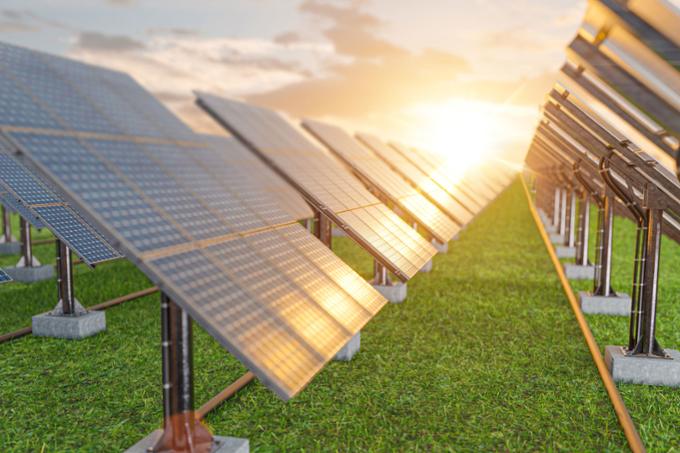Environmental Systems Engineering
What is Environmental Systems Engineering?
Our Environmental Systems Engineering (EVSE) program is very popular with students and respected by industry, largely because of its timely combination of environmental concerns and the systems approach to addressing civil and industrial environmental issues. Areas of study include environmental system design and impact and risk assessment.
Our Program
The Environmental Systems Engineering (EVSE) program demonstrates and applies systems engineering principles to environmental issues associated with water resources, air pollution, transportation, industrial development, and waste management.
Graduate with:
- Bachelor of Applied Science (B.A.Sc.) in Environmental Systems Engineering
- Students in Co-operative Education graduate with a B.A.Sc. (Co-op) in Environmental Systems Engineering
- Students in the Internship Program graduate with a B.A.Sc. (Internship) in Environmental Systems Engineering
The EVSE program is fully accredited by the Canadian Engineering Accreditation Board.
EVSE Graduate Program
- Master of Engineering (M.Eng.) – project focus or co-op
- Master of Applied Science (M.A.Sc.) – thesis-based
- Doctoral (Ph.D.) program
What EVSE Students Do
Our EVSE students learn to plan, design, and manage environmental systems and conduct environmental impact, risk assessment, and remediation studies.
Undergraduate EVSE Labs
In the Fluids Dynamics and Hydraulics Laboratory, students learn principles of fluids. The Applied Biosystems Laboratory teaches biological applications in environmental engineering. The Water and Wastewater Laboratory is used in the design and optimization of water and wastewater treatment systems. Our Geotechnical Engineering Laboratory houses geotechnical testing and surveying equipment. Students test, characterize, and classify soils and examine soil properties.
Careers for EVSE Graduates
What sort of career could you have?
Environmental Systems Engineers typically work in the following areas or hold the following job titles:
- Air Quality Engineer
- Engineering Project Manager
- Environmental Consultant
- Environmental Engineer
- Environmental Impact Assessment
- Geotechnical Engineer
- Geoenvironmental Engineer
- Hydraulic Engineer
- Irrigation Engineer
- Mining engineer
- Pollution Control Engineer
- Transportation Engineer
- Waste Management Engineer
- Water Resource Manager
